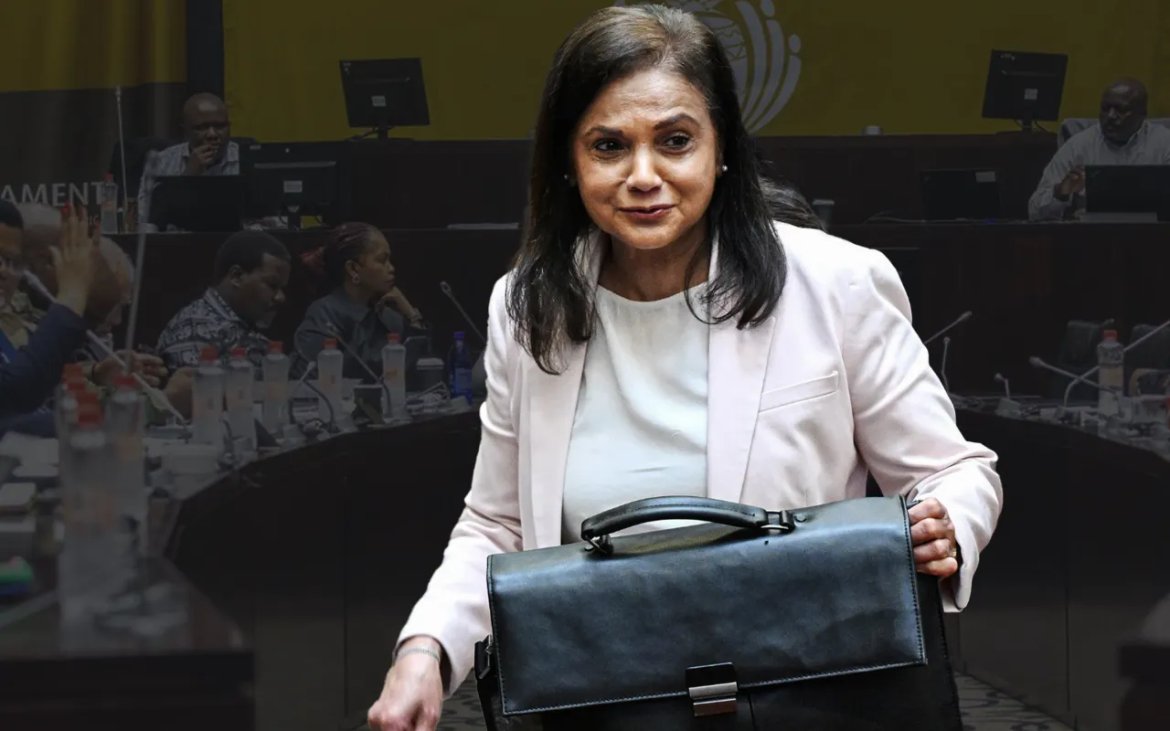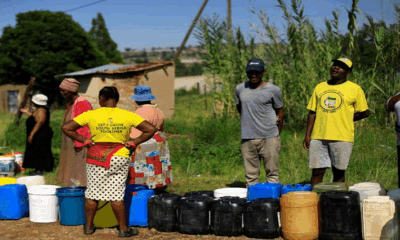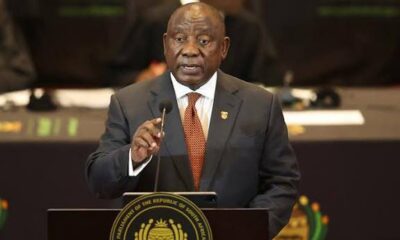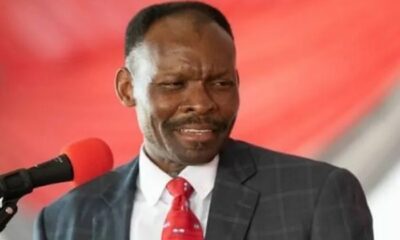News
NDPP Batohi Testifies in High-Stakes Inquiry into Gauteng DPP Chauke’s Fitness

Gauteng DPP Chauke Faces Inquiry Over Alleged Misconduct in High-Profile Cases
In a courtroom brimming with tension and scrutiny, National Director of Public Prosecutions (NDPP) Advocate Shamila Batohi took the stand on Tuesday at the Nkabinde inquiry, set to examine whether Gauteng DPP Advocate Andrew Chauke remains fit to hold office.
The inquiry, chaired by retired Justice Nkabinde and assisted by Advocates Elizabeth Baloyi-Mere and Thenjiwe Vilakazi, zeroes in on serious allegations that Chauke obstructed key criminal prosecutions, allegedly shielding high-profile figures from justice.
Opening Proceedings and Legal Context
The day opened with Chauke’s legal team, led by Advocate Tembeka Ngcukaitobi SC, presenting opening remarks before Evidence Leader Advocate David Mohlamonyane SC guided Batohi’s testimony.
Chauke, Gauteng DPP since 2011, was suspended by President Cyril Ramaphosa in July 2023 while the inquiry evaluates his conduct. The proceedings stem from a complaint lodged by Batohi herself.
The Controversial Booysen Case
Central to the inquiry is the so-called “Booysen matter”, where Chauke faces scrutiny for allegedly mismanaging racketeering charges under the Prevention of Organised Crime Act (POCA).
Major-General Johan Booysen and members of the Cato Manor Organised Crime Unit were accused of operating a criminal syndicate. Chauke, acting as the de facto DPP for KwaZulu-Natal, led the prosecution team appointed by then-acting NDPP Nomgcobo Jiba.
Yet despite this leadership role, Chauke defended the withdrawal of the racketeering certificate against Booysen, raising concerns about whether prosecutorial discretion was exercised appropriately.
“The charges against Chauke relate to his involvement in the prosecution of Booysen and members of the Cato Manor Unit under sections 2(1)(e) and (f) of POCA,” Mohlamonyane explained.
The Mdluli Case: Murder Charges Dropped
Equally contentious is Chauke’s handling of the case against Lt General Richard Mdluli, the former head of police crime intelligence, accused of orchestrating the murder of Tefo Abel Ramogibe along with attempted murder and kidnapping.
Despite what prosecutors deemed sufficient evidence, Chauke withdrew all charges against Mdluli, referring the case instead to an investigative tribunal. Mohlamonyane described this as a “serious dereliction of duty that undermines the rule of law.”
These decisions have sparked debate among legal analysts and the public, prompting concerns over accountability at the highest levels of the National Prosecuting Authority (NPA).
Broader Implications for the NPA
The inquiry isn’t just about two cases. Mohlamonyane stressed that Chauke’s alleged misconduct may have wider repercussions, including undermining public trust in the NPA, exposing the institution to civil litigation, and eroding confidence in South Africa’s justice system.
“Advocate Chauke’s conduct has undermined the administration of justice, exposed the NPA to civil litigation, and brought the institution into disrepute,” he said.
The proceedings will ultimately determine whether Chauke’s actions constitute misconduct and whether he is fit to continue serving as Gauteng DPP.
A Nation Watching Closely
The inquiry has drawn attention from legal circles and civil society, with social media abuzz over Chauke’s potential accountability for high-profile failures. Many commentators note that the outcomes could set a precedent for how prosecutorial discretion is scrutinized in cases involving powerful figures.
As Batohi’s testimony continues, South Africans await clarity on whether the NPA can reinforce transparency, integrity, and the rule of law at the heart of its operations.
{Source: IOL}
Follow Joburg ETC on Facebook, Twitter , TikTok and Instagram
For more News in Johannesburg, visit joburgetc.com

























